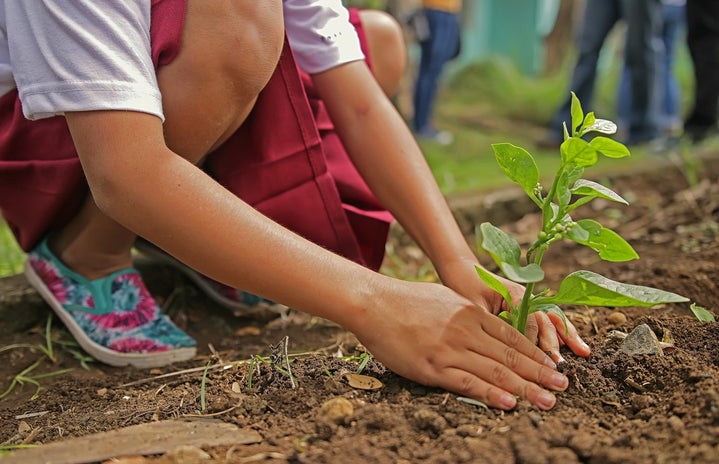In August, thousands of Sikh farmers hailing from the regions of Punjab and Haryana marched to Delhi. This protest was a response to Parliament’s three recent legislative acts with regards to farming legalities. These acts were passed in September 2020 and essentially provided more benefits to large corporations, which are paying less for crops, instead of individual farms. The three acts are The Farmers’ Produce Trade and Commerce Act, The Farmers Agreements of Price Assurance and Farm Services Act and The Essential Commodities Act. The first act would make it so that traders directly are able to purchase products from farmers are an agreed-upon price. The second act would allow contract farming and have farmers be able to sell their crops without so many restrictions. Finally, the last act which is the primary concern of farmers regarding these legislative acts is that they may lead to the minimum sales price. However, the government has denied that they would allow this to happen. This allows big corporations to sell their crops at a higher cost. With such a large amount of the population depending on agriculture, many families are struggling to make ends meet, especially during the pandemic, and are worried about what these laws would do to their livelihoods.

In August of 2020, thousands of farmers began their journey from the northern part of India to Delhi to protest these injustices. The police did give the farmers approval for this route. However, the government’s response to these peaceful protests was very violent. Police officers were dispatched and teargas and water cannons filled the crowds. The protestors were also beaten by police. Since September, the treatment of these protestors is now a violation of human rights. Many farmers have still not returned home yet and are still protesting for better treatment from the government.
After various instances of violence, the treatment of these protestors has now reached a point of extreme police brutality. On January 26, India’s Republic Day, the farmers drove their tractors into the Red Fort. The protestors were soon met by police and the confrontation quickly turned violent. About 200 protesters were detained, many were beaten, and one person was killed during this protest due to a tracker being overturned.
In addition to the violent nature of the government in response to peaceful protests, the Indian government started censoring Indian journalists’ Twitter accounts, making it even harder for the general public to obtain a full understanding of what is going on. Furthermore, media coverage for these protests is very limited. However, celebrities like Rihanna and Greta Thunberg took to Twitter to try and bring attention to these atrocities. Since then, more news sources are covering the protest.

While there has been some talk in the government about the protests there is no agreement on what to do. The Prime Minister of India, Narendra Modi, did recently, speak in parliament about problems pertaining to the protests. However, the treatment of these protestors has not improved since January 26. As of right now, farmers are still protesting these while slowly the media is raising awareness regarding the plight f of these protestors. The UN human rights offices tweeted Friday, February 5th that the Indian government should continue to have these farmers peacefully protest.
Sources: 1, 2, 3, 4, 5, 6, 7, 8, 9 10, 11 12 13
Photos: Her Campus Media



